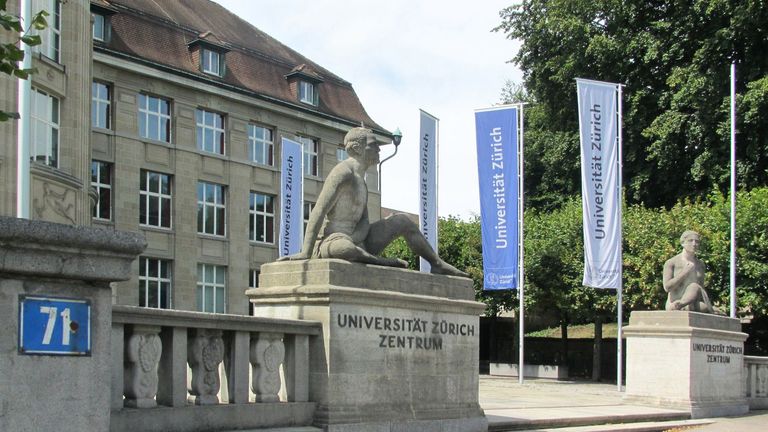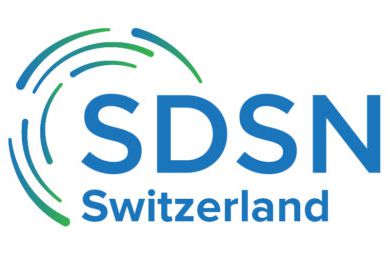Sustainability Science Dialogue: 30 years after “Rio” – New research challenges for sustainable development?
With the University of Zurich
Together with research institutions, the SCNAT's Sustainability Research Initiative invites experts to different Sustainability Science Dialogues to exchange ideas on priorities for sustainability research. At this event organised together with the University of Zurich, we will discuss the role of science 30 years after “Rio” and the specific challenges and opportunities for research at the University of Zurich against the background of the Academies’ research priorities.

The Agenda 21, one of the major outcome documents of the United Nations Conference on Environment and Development (UNCED), held in 1992 in Rio de Janeiro, names science as one of the central actors to provide knowledge and understanding of human-environment relations and about ecosystems. Moreover, the Agenda 21 stresses the need for more interdisciplinary research, better communication between science, politics and the public, and to link scientific and local knowledge. 30 years after the UNCED conference, the facts are sobering: the impressive amount of knowledge that has been developed is largely ignored while planetary boundaries are being transgressed dramatically. A safe and equitable environmental space for everyone is not in sight, and transformative processes have only been realized to a small extent.
What are the challenges for science today? The Swiss Academies of Arts and Sciences have formulated priority research topics for this purpose, but also the necessity of considering conflicting sustainability goals and the need for more transdisciplinary collaboration. At this event, we will discuss the role of science «30 years after Rio» and reflect on the specific challenges and opportunities for research at the University of Zurich based on the Academies’ priority topics.
Programme
Moderators:
Jeannette Behringer, Sustainable Development in Research and Teaching, UZH
Gabriela Wülser, Head of Sustainability Research Initiative, SCNAT
17:30 Opening and Welcome.
Lorenz Hilty, Delegate for sustainable development at the University of Zurich
17:40 Priority themes for Swiss sustainability research: Development and criteria
Peter Edwards, President, Sustainability Research Initiative, Swiss Academy of Sciences (SCNAT)
- Questions and Discussion -
18:15 30 years after Rio: Non-sustainable development and the role of sustainability research.
Mark Halle, Principal, NatureFinance. Formerly SDSN Switzerland Leadership Council
- Questions and Discussion -
19:00 Panel Discussion: Ideas and requirements for sustainability research at the University of Zurich
- Oliver Strijbis, Deptartment of Political Science, UZH
- Martina Eberle, Institute of Social Anthropology, University of Bern
- Ina Schelling, Student, Sustainability Committee, UZH
- Cornelia Krug, Department of Evolutionary Biology and Environmental Studies, UZH
- Questions and Discussion -
20:00 End of discussion, followed by an apéro
21:00 End of event
Sustainability Science Dialogue
- Sustainability Science Dialogue: 30 years after “Rio” – New research challenges for sustainable development?
- Sustainability Science Dialogue – Mehr Vernetzung für die Nachhaltigkeitsforschung an der ZHAW
- Sustainability Science Dialogue – Nachhaltige Entwicklung von Natur- und Siedlungsräumen im Kanton Bern
- Sustainability Science Dialogue – Gemeinsame Werte, Visionen und Wege zur Nachhaltigkeit
- Sustainability Science Dialogue – Dialogues recherche et durabilité
- Sustainability Science Dialogue + Opening event of the UniFR_ESH Institute
- Sustainability Science Dialogue - A migration perspective on visions of a sustainable future
- Sustainability Science Dialogue - Sustainable mitigation and adaptation to climate change



